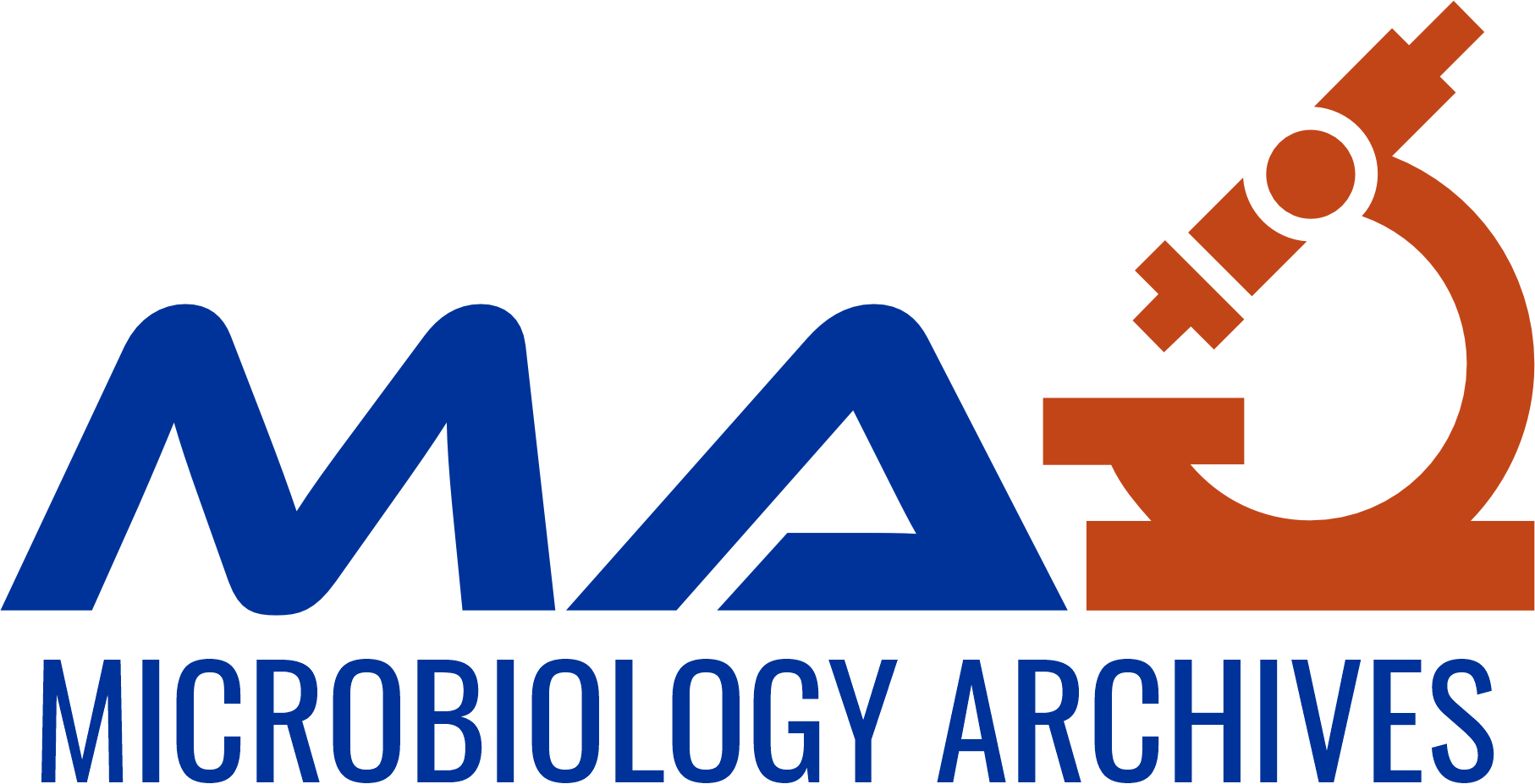Conflict of Interest Policy
A conflict of interest occurs when an author, reviewer, or editor has a financial or personal relationship that could potentially influence their professional judgment and the integrity of the research. Such relationships can include, but are not limited to, financial interests in a company, personal relationships with individuals involved in the research, or any affiliations that could be perceived to compromise objectivity. Recognizing and managing conflicts of interest is essential for maintaining the trustworthiness of the scientific publication process.
Author Responsibilities
Authors submitting manuscripts to Microbiology Archives are required to disclose any potential conflicts of interest at the time of submission. This includes any financial relationships, employment affiliations, and other personal connections that could be perceived as influencing their research. Authors must provide a clear statement regarding any potential conflicts, even if they believe they do not have any. This proactive approach ensures transparency and allows the editorial team to assess the situation adequately.
Reviewer and Editor Responsibilities
Reviewers and editors are also expected to disclose any potential conflicts of interest related to the manuscripts they are evaluating. If a reviewer has a conflict, they must recuse themselves from the review process to maintain objectivity and impartiality. Editors are responsible for ensuring that the review process is fair and unbiased. If an editor has a conflict of interest with a submission, they must delegate the handling of the manuscript to another qualified editor who does not have a conflict.
Evaluation and Management of Conflicts
The editorial team at Microbiology Archives takes potential conflicts of interest seriously. Upon receiving a disclosure, the editorial board will evaluate the information provided by the authors, reviewers, or editors. If a conflict is deemed significant enough to impact the integrity of the research or the review process, the editorial board will take appropriate actions, which may include contacting the involved parties for further clarification, disclosing the conflict in the published article, or deciding not to proceed with the review process.
Transparency and Public Disclosure
To maintain transparency, Microbiology Archives encourages authors to include a conflict of interest statement in their published articles, outlining any relevant conflicts or stating that there are none. This practice ensures that readers are aware of any potential influences that could affect the research findings or conclusions. Transparency in the publication process not only reinforces the integrity of the journal but also enhances the credibility of the research being presented, the conflict of interest policy of Microbiology Archives is designed to uphold the integrity of the scientific publication process. By requiring authors, reviewers, and editors to disclose any potential conflicts, the journal aims to ensure that all published research is conducted and presented in an objective and unbiased manner. This commitment to transparency fosters trust within the scientific community and contributes to the overall quality and reliability of published research.
Authors
When authors submit a manuscript of any type or format, they are responsible for disclosing all relationships and activities that might bias or be perceived to bias their work (e.g., employment, consulting fees, research contracts, stock ownership, patent licenses, honoraria, advisory affiliations, etc.). Microbiology Archives, an International Journal is committed to following the recommendations of the International Committee of Medical Journal Editors (ICMJE) regarding authors’ conflict of interest disclosures.
Authors are required to complete the ICMJE Disclosure Form, which standardizes the disclosure process. This form must be uploaded under the additional files section during manuscript submission or sent via email to editor@researchfloor.org. For detailed ICMJE recommendations regarding financial and non-financial relationships, please refer to the provided link.
Reviewers
Reviewers must disclose any relationships or activities that could bias their opinions regarding the manuscript to the journal editors. If a potential for bias exists, reviewers should recuse themselves from reviewing that particular manuscript. Reviewers must not use knowledge gained from the manuscripts they are reviewing for personal gain. The review form provided in the reviewer login area should be used to disclose any conflicts of interest.
Editors and Journal Staff
Editors who make final decisions about manuscripts must not have personal, professional, or financial involvement in any of the issues they evaluate. Other members of the editorial staff involved in editorial decisions must disclose their financial interests to the editors and recuse themselves from decisions where a conflict of interest exists. Editorial staff must not use information obtained through their work with manuscripts for personal benefit. When editors submit their own work to Microbiology Archives, an International Journal, another colleague in the editorial office will manage the manuscript, and the editor/author must recuse themselves from discussions and decisions related to it.
Note
These policies are based on the recommendations of the ICMJE.
Additional Information
For further resources regarding conflict of interest policies, existing codes of practice, and general good practices in journal publication ethics, please refer to the following:
[Guidelines on Good Publication and Code of Conduct by the Committee on Publication Ethics (COPE)](https://publicationethics.org)
[ICMJE Guidelines](http://www.icmje.org)
Join us in our efforts to shape a sustainable future through research and innovation.








